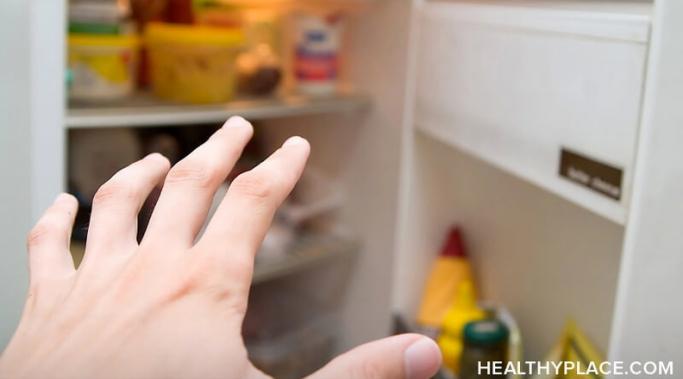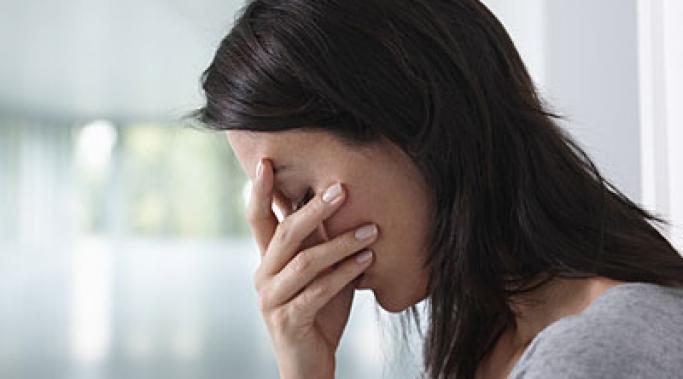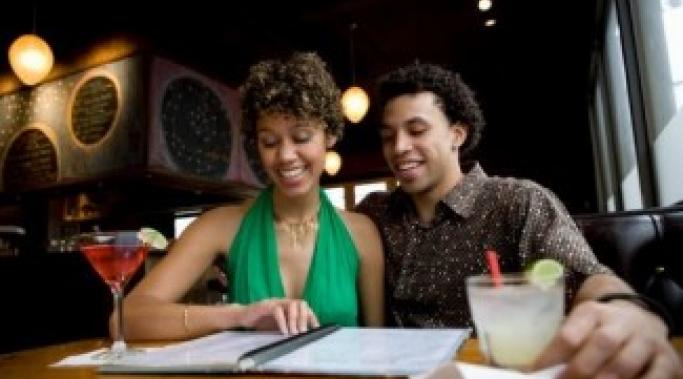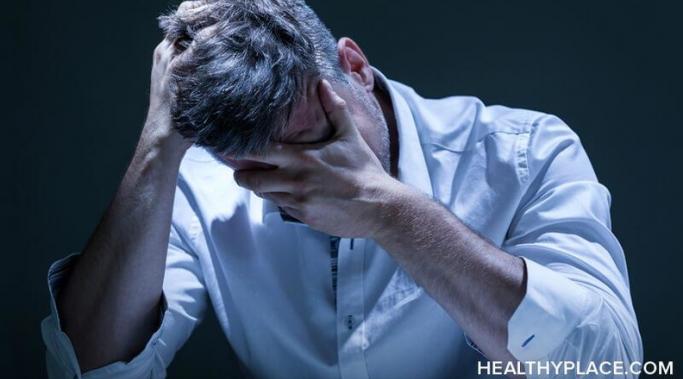Blogs
When I was struggling with posttraumatic stress disorder (PTSD) I didn't know how to describe what it felt like to others. How can you possibly express what it feels like to live with anxiety, depression, desperation, insomnia, nightmares, flashbacks, intrusive thoughts, suffocating memories, terrifying sensations, boiling rage or anger and the slew of other PTSD symptoms?
Rather than describe it I just isolated further and felt more and more alone -- and crazy. I didn't realize then that I wasn't alone in being stuck not knowing how to communicate my experience. I didn't know, at the time, how to define PTSD.
You've just had yet another stressful day and you're anxious. Your mind is reeling as it ruminates over the myriad of blunders, problems, and challenging interactions. Anxiety rages, and "what-ifs" and worries are spinning out of control. Your stomach churns; your head pounds. You throw your things onto a table or couch and head right for the kitchen. Do you rummage for healthy food or do you do what a vast majority of us do--seek out the junk food? Is your food making your anxious?
Last month, I struggled with a depression relapse. During one of my therapy sessions, my therapist reminded me that I am resilient. Depressed at the time, I didn’t feel very resilient, but the comment stayed with me. It started me wondering what the relationship is between depression and resilience and how we can increase resilience.
Years ago, a good friend of mine who also struggles with anxiety told me a story about how she sees her disorder. She said she visualizes her anxiety as the Incredible Hulk -- a 1000-pound green monster that, when it comes out, threatens to flatten her entire landscape. She said it can't be bargained with, and it can't be reasoned with. "But," she said, "it can be contained. I can keep it in check, and eventually put it back in its cage, but I have to be ready. That's why I always keep my emergency anxiety toolkit handy."
Obviously, a blog about my lived experience with anxiety cannot reflect experiences I’m incapable of having: postpartum psychosis and anxiety after childbirth, for example. Thankfully, I speak with a lot of people and recently had the pleasure of meeting Jennifer Hentz Moyer. She was kind enough to share some of her story about dealing with anxiety and postpartum psychosis with us.
Dealing with depression and other mental illnesses is very hard. But when an individual identifies as lesbian, gay, bisexual, transgender, or queer (LGBTQ), the struggle can become alienating. Many LGBTQ individuals find themselves disconnected between their true identity and the person they are forced to be in public. This is why many LGBTQ people have depression and contemplate suicide. Being genderqueer, too, can lead to depression. Sadly, many go through with suicide because they see no better option.
Dating with bipolar disorder can be tricky for so many reasons. You’ve got a bipolar routine to maintain, emotions to keep in check and a massive elephant in the room that you will have to deal with at some point. This evening I will be having a first date. And I have a fear of dating with bipolar disorder.
Setbacks are a part of life and the impact they have depends on how you handle them. You may experience setbacks when building your self-esteem or when recovering from mental illness. Something might happen, or you may find yourself slipping back into old habits. A self-esteem setback can be damaging and can cause you to spiral downwards if you let it. It’s a critical time to take action.
I still fight the mental illness self-stigma that tells me not to let people know when I am affected by mental illness and feeling sick. When you have a mental illness, it is difficult to admit to other people that you are, indeed, affected by your illness. I feel weak at times and want to blame myself and my treatment team for my mental health relapse. And most of all, I fail to realize that this mental illness thing is going to affect me and there is nothing I can do about it.
I'm anxious about tomorrow. Tomorrow, I have an upper endoscopy scheduled so we can hopefully find out why I'm having abdominal pain and why I recently had pancreatitis. I have a little of what a friend calls "scan-xiety"--nervousness over what the test results may be. I'm guilty of some catastrophic thinking - what if it's pancreatic cancer? - but I've got three coping skills that are helpful. Here's how to handle catastrophic thinking and anxiety.









